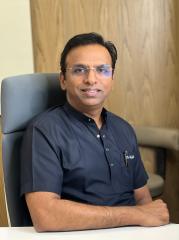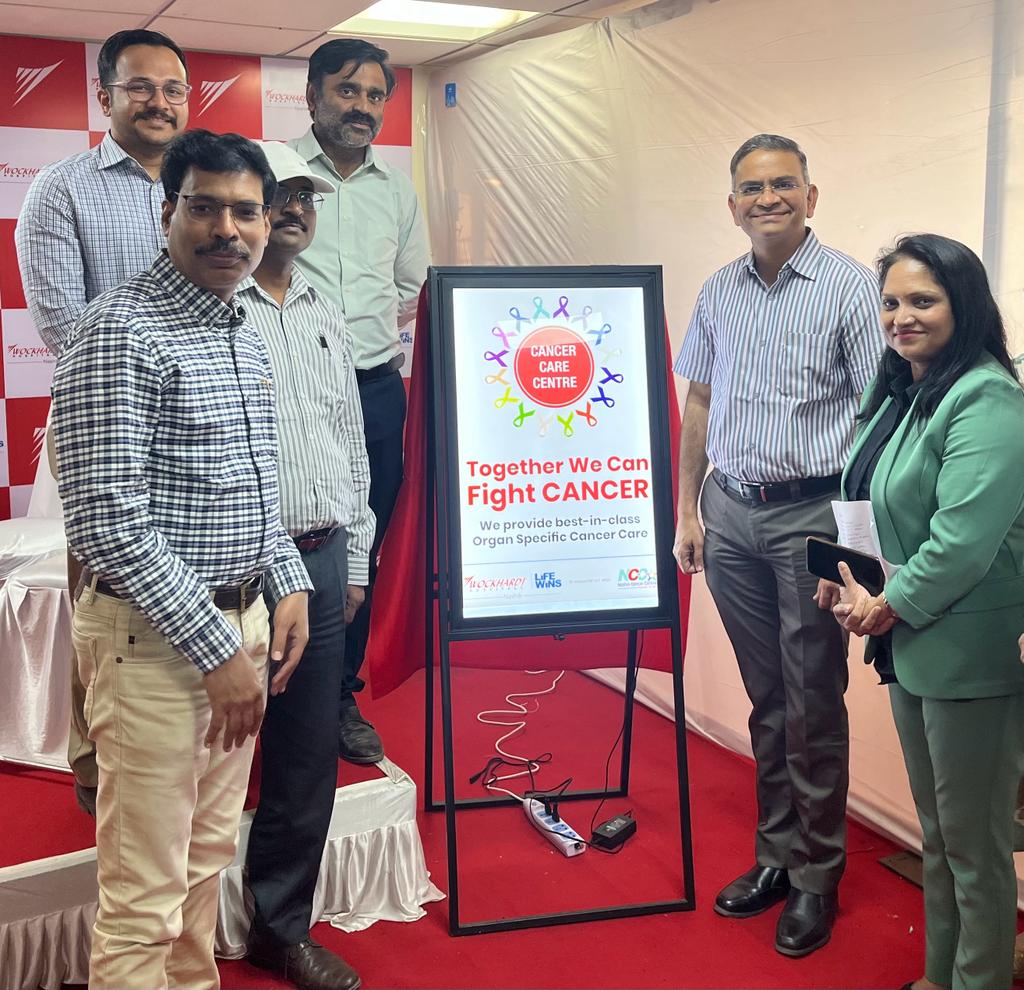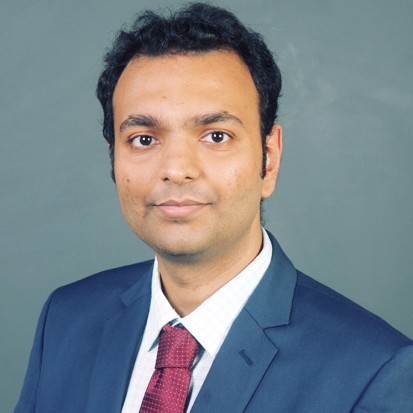Nashik Emerges As A Leading Hub For World-Class Cancer Treatment In India
Nashik has emerged as a leading hub for cancer care in India, offering comprehensive and personalized treatment plans for patients. With state-of-the-art facilities, economical treatments and a patient-centric approach, Nashik is transforming the landscape of

Nashik has emerged as a leading hub for cancer care in India, offering comprehensive and personalized treatment plans for patients. With state-of-the-art facilities, economical treatments and a patient-centric approach, Nashik is transforming the landscape of cancer treatment in the region. When Dr Raj Nagarkar, Chief of Surgical Oncology & Robotic Services at Nashik’s HCG Manavata Cancer Centre (HCGMCC) completed his thousandth robotic-assisted surgeries within a span of fifty months he not only set a world record, but was powering a silent revolution in cancer care in India. The record number of operations reflect the shift for cancer care from metros to smaller towns, with Nashik emerging as one of the leading hubs.
“The number of patients treated by HCG Manavta has grown from 1500 in 2010 to 6000 today. This rise is disproportionate to the growth of cancer patients in the region. The key reasons for this, more economical treatments, cutting edge technology and, highly qualified and experienced doctors. A typical cancer care hospitalisation in Nashik is cheaper by over 50 per cent in Nashik as compared to a Metro city like Mumbai. The quality of medical care is on par if not better,” says Dr Raj Nagarkar, Managing Director & Chief of Surgical Oncology & Robotic Services, HCG Manavata Cancer Centre (HCGMCC) & Hospitals.
With a track record of treating over 2,00,000 patients and 65,000 surgeries, including 1,000 robotic-assisted procedures, the centre showcases expertise and dedication in delivering top-notch, affordable cancer care. It also houses state-of-the-art facilities, including the region’s first Robotic Surgery Centre and advanced radiation machines like Tomo-Therapy-H. Complemented by a dedicated research institute, the centre remains at the forefront of innovation in cancer treatment.
“The number of beds in Nashik for cancer care has grown by 50 per cent in last 10 years. The number of new cancer cases in the Maharashtra is rising due to population growth and better diagnoses. In 2020, India ranked third in the world for new cancer cases and is projected to have 2 million new cancer cases each year. One in nine individuals are likely to develop cancer in their lifetime and the incidence of cancer cases is estimated to only increase over the years. While almost half of cancer cases are preventable, the remaining cancer cases that escape early diagnosis need treatment,” adds Dr Nagarkar.
Nashik benefits from well-established transportation networks encompassing highways, railways and airways. This connectivity not only streamlines the movement of goods and services but also ensures convenient access for various stakeholders, bolstering Nashik’s role as a convenient and accessible hub for healthcare services.
“The strong connectivity between Nashik and prominent cities like Mumbai, Pune, Jalgaon, Dhule, Aurangabad, Ahmadnagar and adjoining cities makes the city ideally placed to become the cancer cure hub of India. State-of-the-art infrastructure and comparatively lower cost of healthcare have fuelled the growth of medical tourism in Nashik. It attracts patients not only from within the State but also from other regions. Also, initiatives such as the Ayushman Bharat Yojana further contribute to improving healthcare accessibility and affordability across the North Maharashtra region,” adds Dr Nagarkar.
“HCGMCC has been at the forefront of offering state-of-the-art oncology services, making advanced treatments accessible and affordable to all. The 300-bed facility hosts a powerhouse team of over 50 consultant oncologists and a dedicated staff of over 900, all driven by a collective vision to offer the highest quality cancer care. Nashik is now recognized as a leading destination for cancer cure tourism in India. This is a great leap forward to the growth of medical tourism of India,” concludes Dr Nagarkar.





